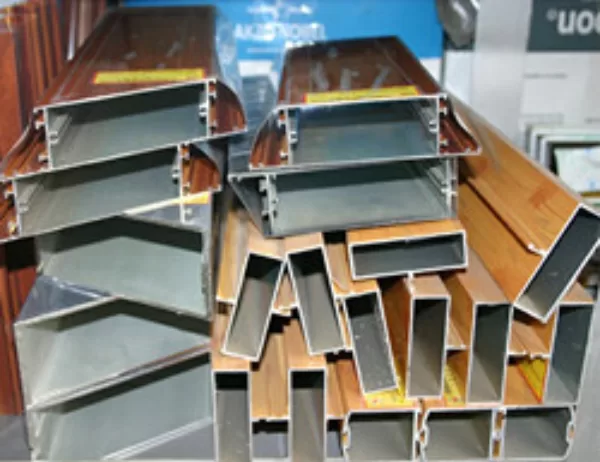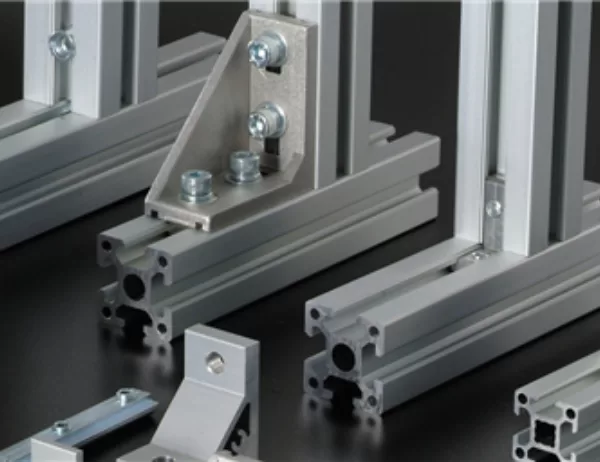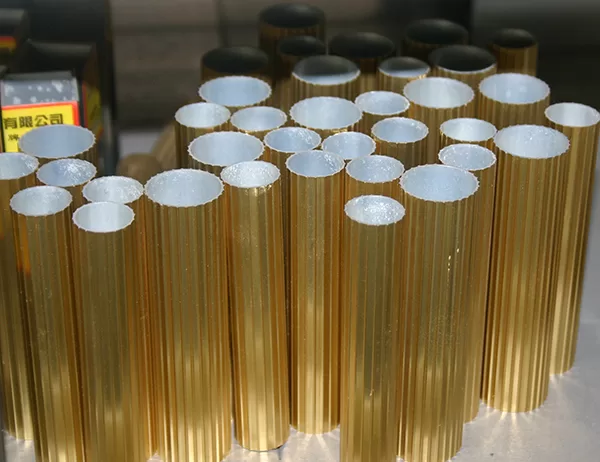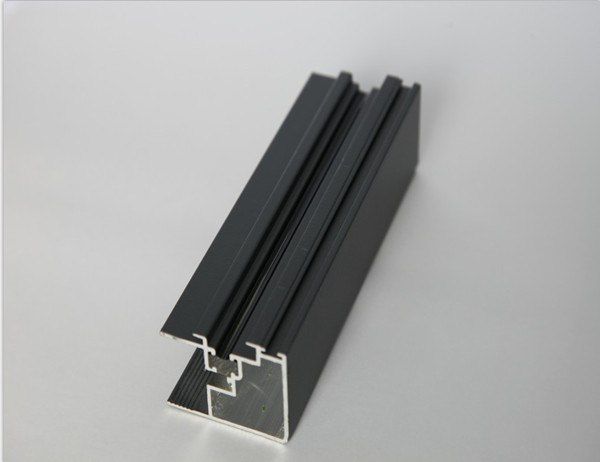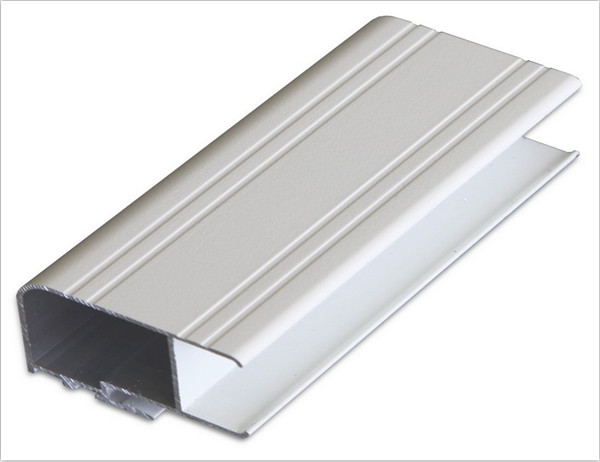How to Choose the Right 8mm Aluminum Sheet for Your Needs
When it comes to choosing the right 8mm aluminum sheet for your project, there are several factors to consider to ensure you select the optimal material for your specific requirements. Aluminum sheets are highly versatile and widely used in various applications due to their combination of strength, durability, and adaptability. This comprehensive guide will provide you with an in-depth understanding of the key aspects to consider when selecting an 8mm aluminum sheet, empowering you to make an informed decision.
Alloy Selection
The first and foremost consideration is the choice of aluminum alloy. Different alloys exhibit varying properties, so understanding their characteristics is crucial. Some of the commonly used aluminum alloys for 8mm sheets include:
– 1050 Aluminum: This pure aluminum alloy offers excellent formability and corrosion resistance, making it ideal for applications requiring intricate shapes or exposure to harsh environments.
– 3003 Aluminum: This alloy combines good strength with formability, making it suitable for structural applications where moderate strength is required.
– 5052 Aluminum: With higher strength than 3003, this alloy provides a balance between strength and ductility, making it versatile for both structural and decorative applications.
– 6061 Aluminum: This high-strength alloy is known for its excellent mechanical properties and is often used in applications where strength and durability are paramount.
Temper Designation
The temper designation indicates the level of work hardening applied to the aluminum sheet. It affects the material’s strength, hardness, and formability. Common temper designations for 8mm aluminum sheets include:
– O (Annealed): This temper offers the lowest strength but the highest formability.
– H12 (Half Hard): Provides a balance between strength and formability, making it suitable for moderate forming operations.
– H14 (Hard): Exhibits higher strength with reduced formability, ideal for applications requiring increased rigidity.
– H16 (Extra Hard): Offers the highest strength but limited formability, recommended for applications where maximum strength is prioritized.
Surface Treatment
The surface treatment of an 8mm aluminum sheet determines its appearance and corrosion resistance. Various surface treatments are available, each with its own advantages:
– Mill Finish: The untreated surface exhibits a dull gray finish, providing a cost-effective option for applications where aesthetics are not critical.
– Anodizing: This electrolytic process creates a protective oxide layer on the surface, enhancing corrosion resistance and providing a wide range of color options.
– Painting: Applying paint or powder coating provides a customized finish, improving aesthetics and further protecting the surface from corrosion.
Dimensions and Tolerances
Ensure that the dimensions and tolerances of the 8mm aluminum sheet align with your project requirements. Consider the following aspects:
– Length and Width: Specify the exact length and width required, factoring in any necessary allowances for cutting or fabrication.
– Thickness Tolerance: Different applications require specific thickness tolerances. Choose the tolerance that meets your precision and dimensional requirements.
– Flatness: Determine the allowable flatness deviation to ensure the sheet meets the necessary surface requirements for your application.
Mechanical Properties
The mechanical properties of an 8mm aluminum sheet play a crucial role in its performance. Consider the following factors:
– Tensile Strength: Measures the material’s resistance to breaking under tension, indicating its overall strength.
– Yield Strength: Represents the stress at which the aluminum sheet begins to deform permanently, providing insights into its elasticity and resistance to bending.
– Elongation: Determines the material’s ductility, indicating its ability to stretch or deform before breaking, important for applications requiring flexibility.
Supplier Reputation and Certification
Choosing a reputable supplier ensures you receive high-quality 8mm aluminum sheets. Consider the following factors:
– Industry Certification: Look for suppliers with certifications such as ISO 9001 or AS9100, demonstrating their commitment to quality management.
– Customer Testimonials: Review testimonials and references from previous customers to gain insights into the supplier’s reliability and product quality.
– Technical Support: Choose suppliers who provide comprehensive technical support to assist you with your project requirements and any technical queries you may have.
